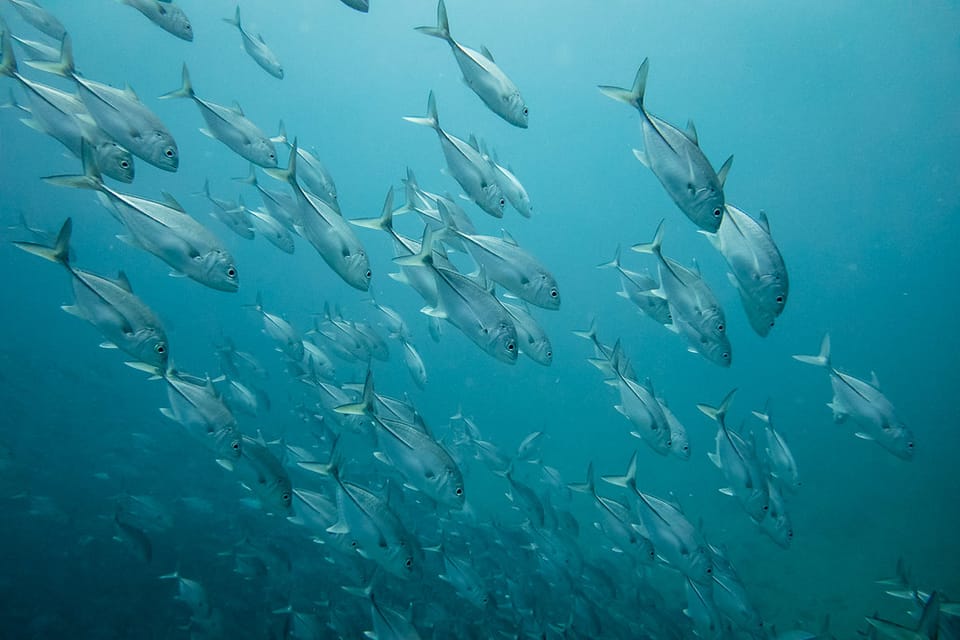EcoWest News, April 16, 2024

Welcome to EcoWest News, a weekly round-up of news and resources that you can put to use in addressing environmental issues and protecting the wild in your community.
Across the West
Environmental groups in Alberta are pointing out that we face two crises and can’t trade off biodiversity to balance climate change when planning renewable energy projects. [Calgary City News]
Alberta’s first solar heating community is grappling with aging technology. A professional who was involved in the original setup believes it could quite easily transition to a net-zero community. [The Energy Mix]
Manitoba, Saskatchewan, and Alberta are expanding their master agreement on water apportionment to include the quality and supply of transboundary aquifers. [CBC]
Water quantity and quality will be jeopardized by the Saskatchewan government’s plans to build new potash mines and fracking operations (both water intensive) while expanding irrigation around Lake Diefenbaker and draining wetlands. [Prairie Dog]
Rather than funding water protection and other elements of the public interest in water and wetlands, Saskatchewan’s Water Security Agency has proposed a drainage policy allowing farmers to drain 70-80% of the province’s wetlands. [Water Canada]
The lowest snowpack in 50 years is creating risks for farmers, wildfires, and hydropower in BC. [The Tyee]
Researchers at Royal Roads University on Vancouver Island are using 3D gaming technology to help the community of Langford visualize different options for the Millstream Creek Watershed, including both recreational opportunities and habitat safeguards. [Royal Roads]
The Nôhcimihk / Into the Bush podcast shares stories of people who live off the land, Indigenous Knowledge Keepers, PhDs, and people driving change as they discuss energy, governance, and social constructs. [Nôhcimihk]
Across Canada
“A well-designed stormwater charge creates a cost-saving incentive for owners to convert large paved areas to green spaces . . . Fewer people would wake up to flooded basements and there would not be as many incidents of combined sewer overflows.” [Mother Jones]
Around the World
The European Court of Human Rights has ruled that Switzerland failed in its duties to combat climate change. The case will strengthen the connection between climate change and human rights in Canadian legal thinking. [The Energy Mix]
Indigenous leaders of New Zealand, Tahiti, Tonga, and the Cook Islands have signed a treaty granting whales legal personhood. The goal is to mandate vessels to use anti-collision devices to decrease the likelihood of hitting a whale. [NPR]
Making a Difference
Tylenol (acetaminophen, paracetamol) is one of the most produced pharmaceuticals worldwide – but it’s an environmental headache as it’s typically made from chemicals derived from crude oil. Researchers have come up with a greener option made from the lignin in poplar and palm trees. [Anthropocene]
Nature’s Wonders
Schools of fish are quieter than a single fish on its own. [Futurity]
Photo credit: https://www.flickr.com/photos/apmckinlay/22652312883
EcoFriendly West informs and encourages initiatives that support Western Canada’s natural environment through its online publication and the Nature Companion website/app. Like us on Facebook, follow us on Twitter or Mastodon, or subscribe by email.

Member discussion